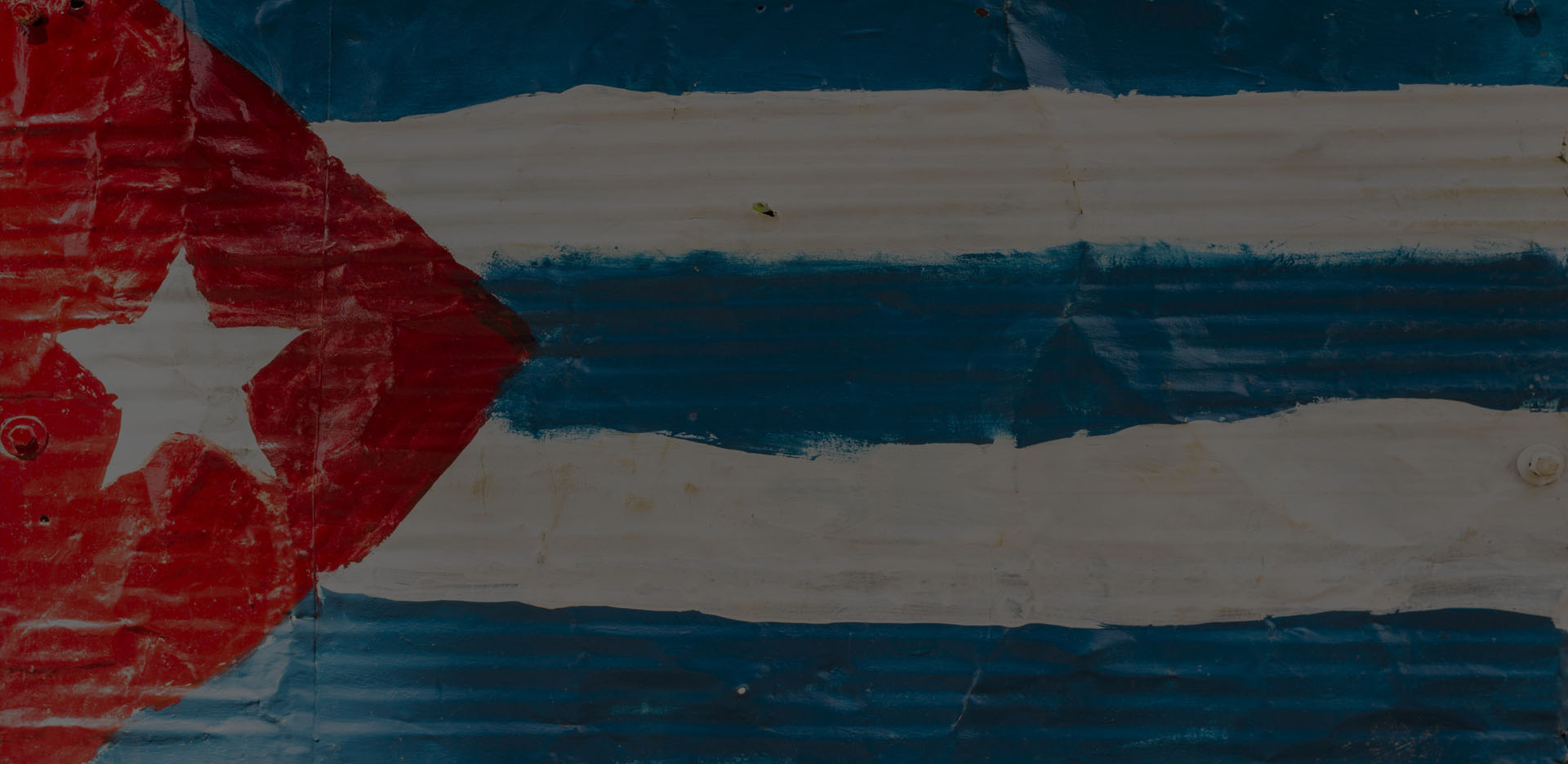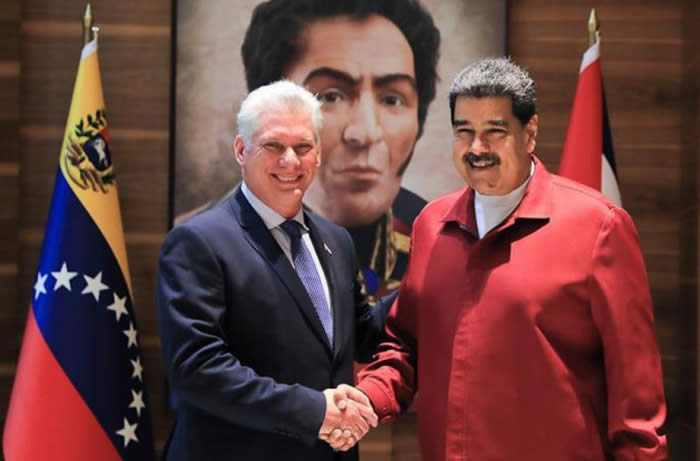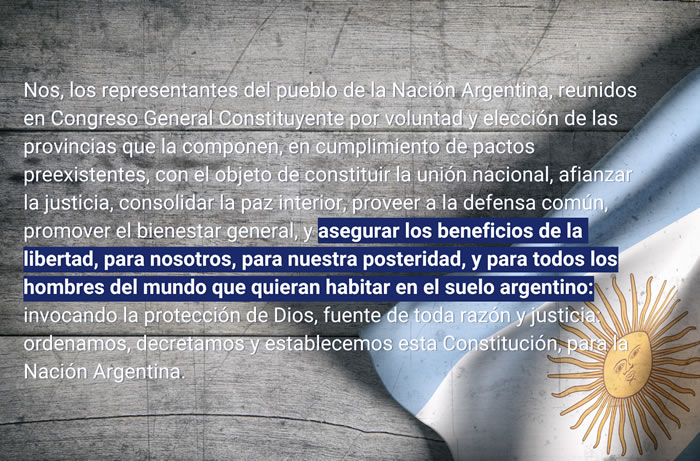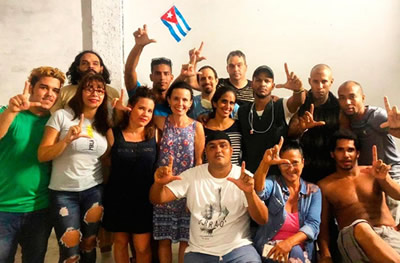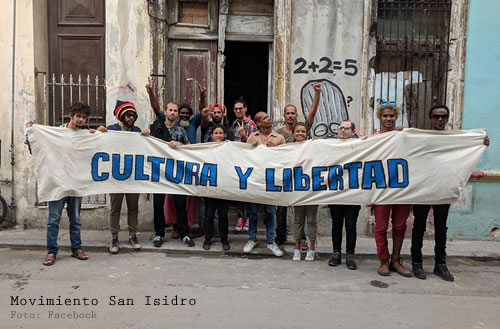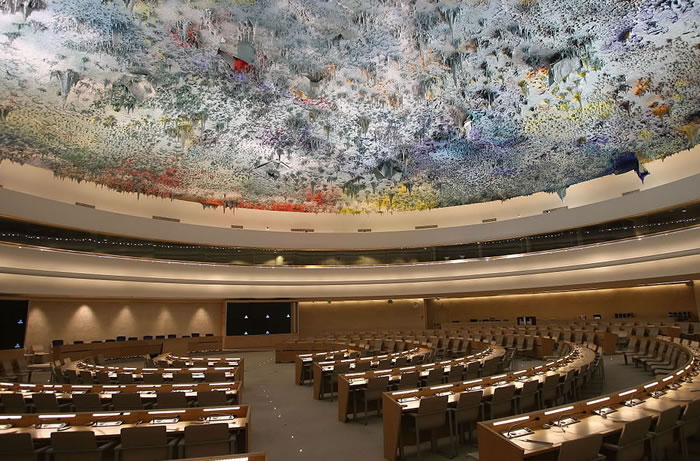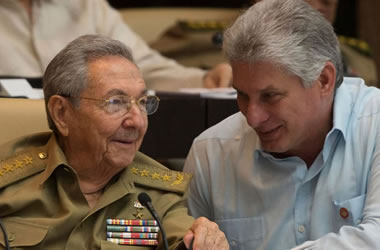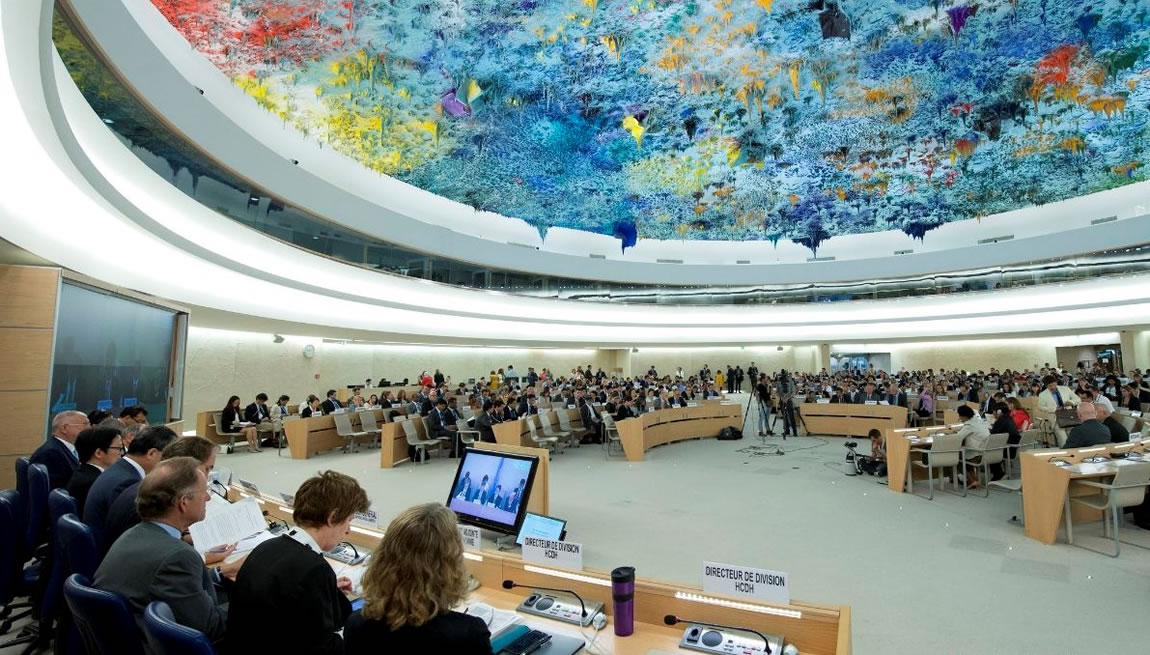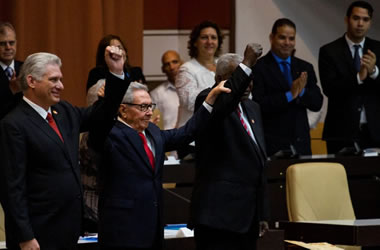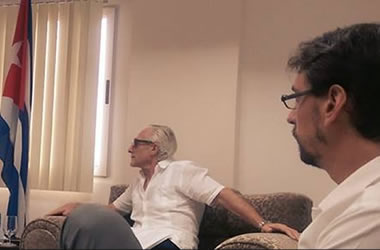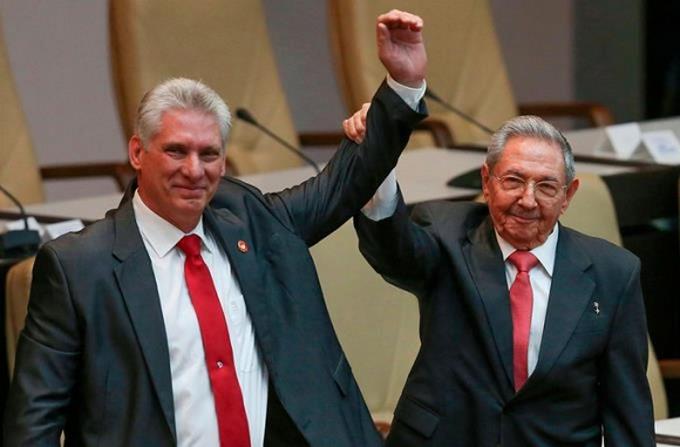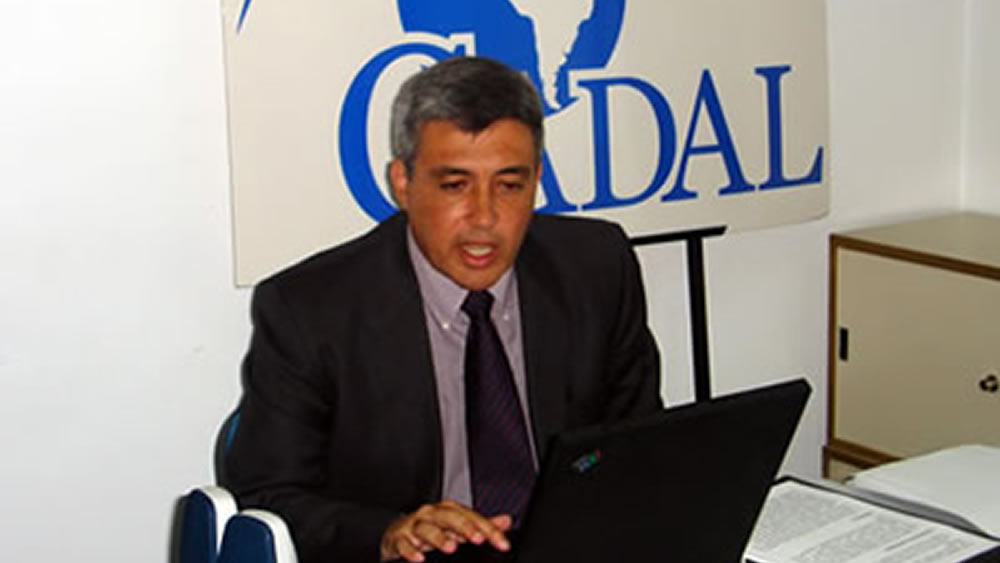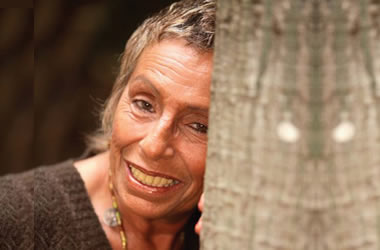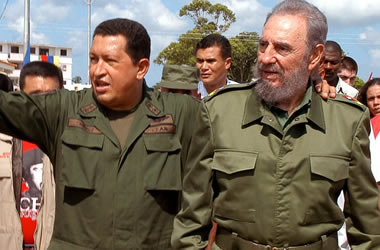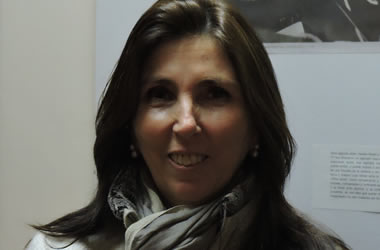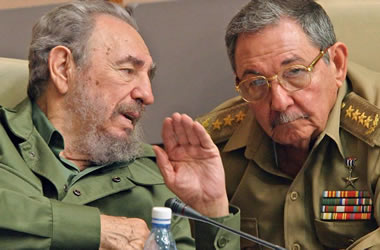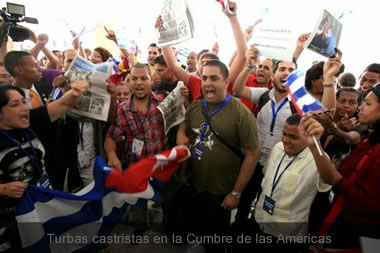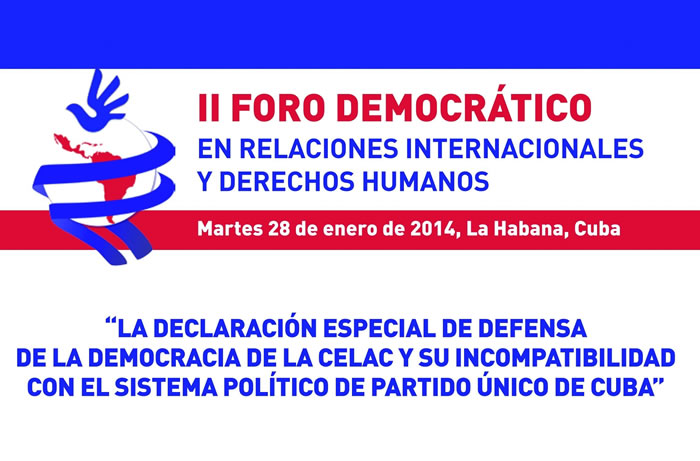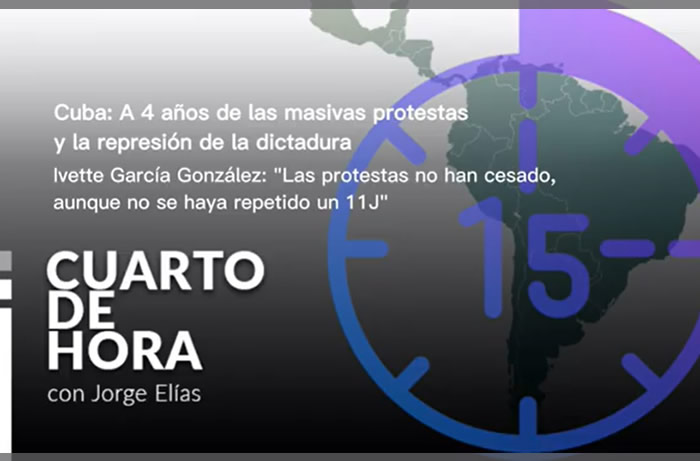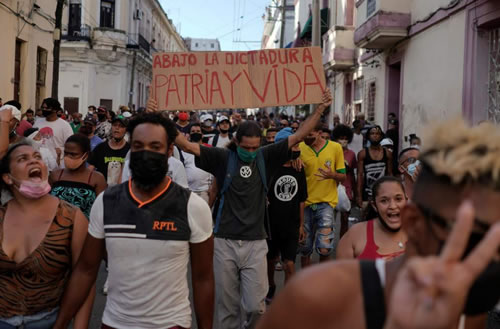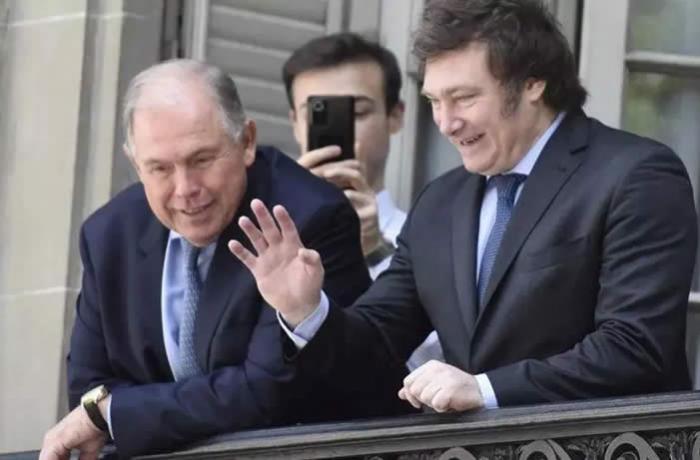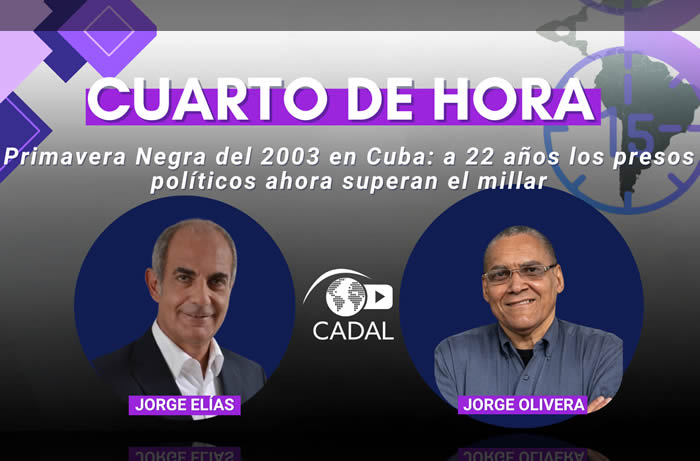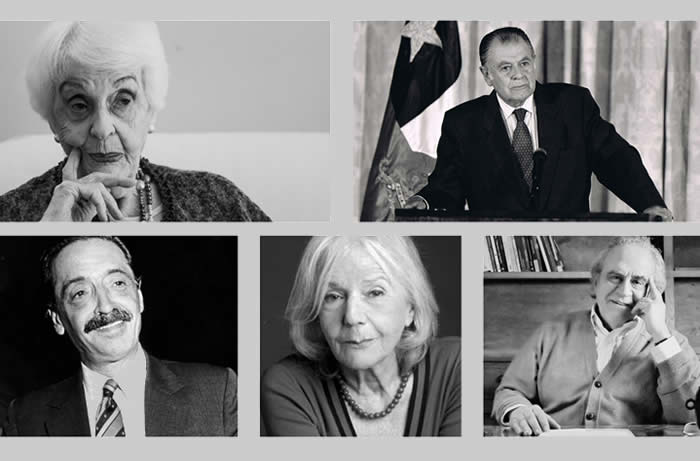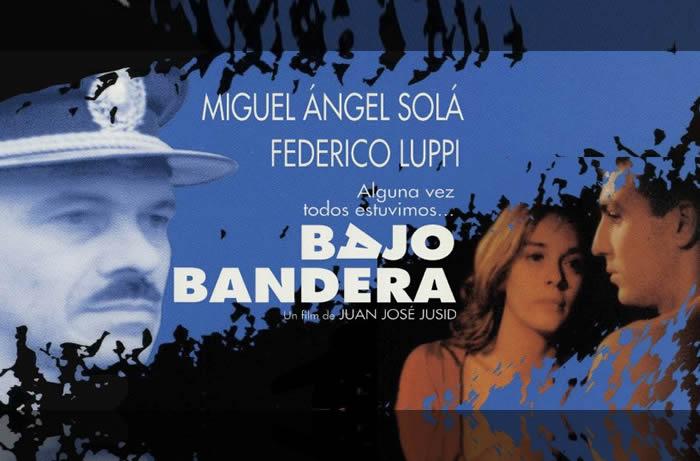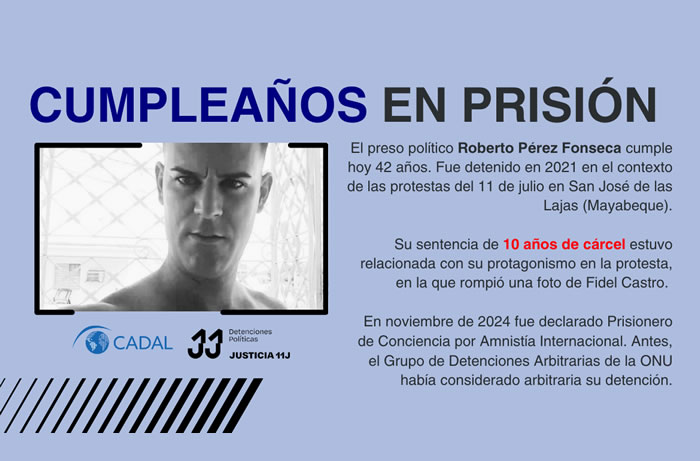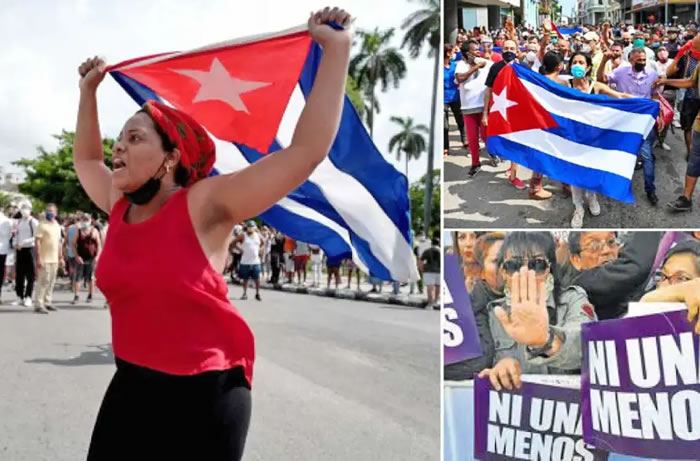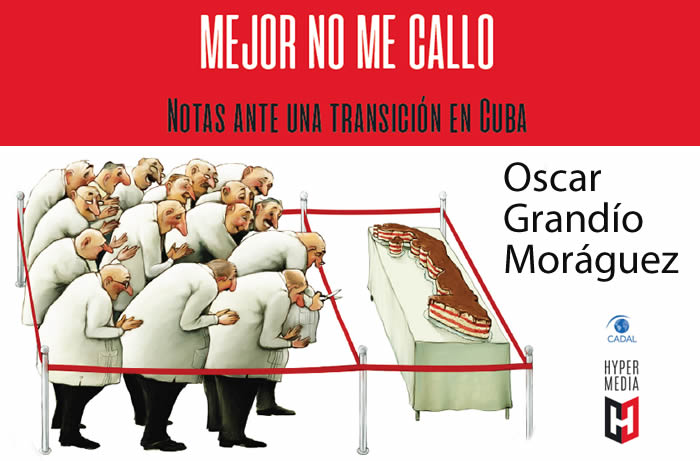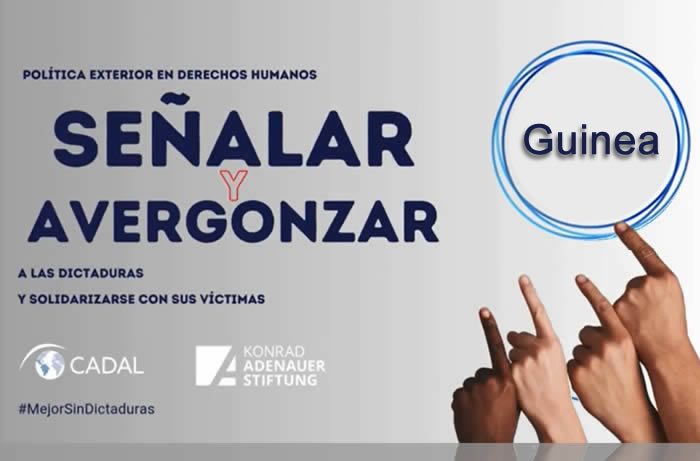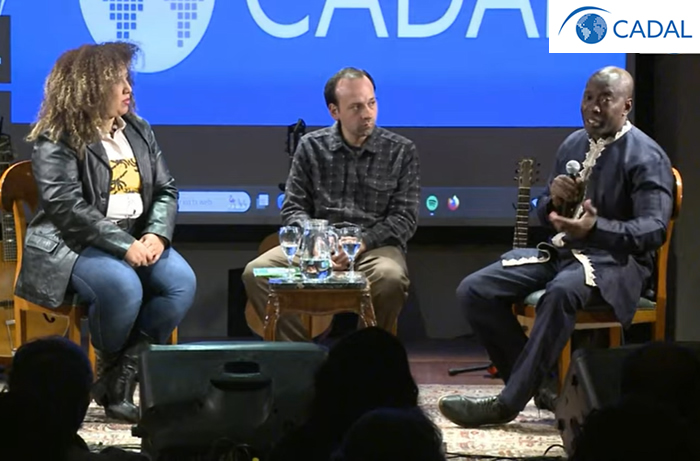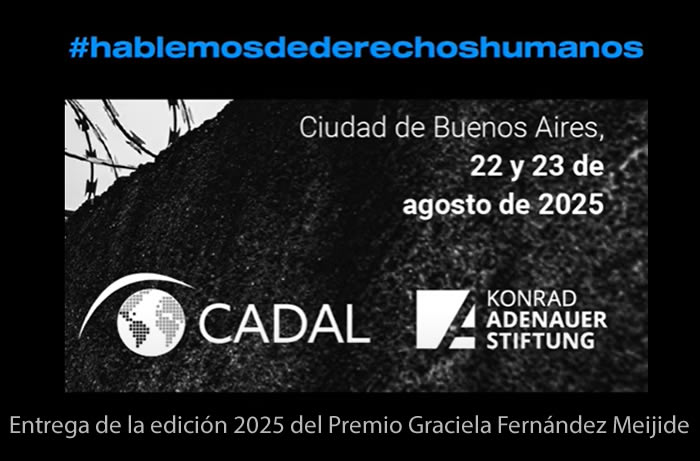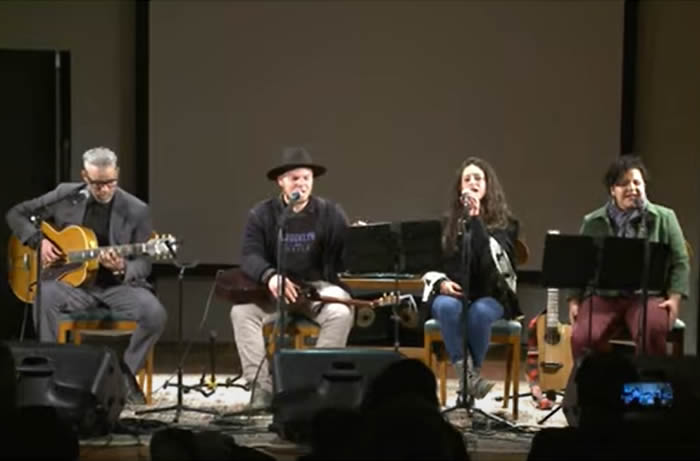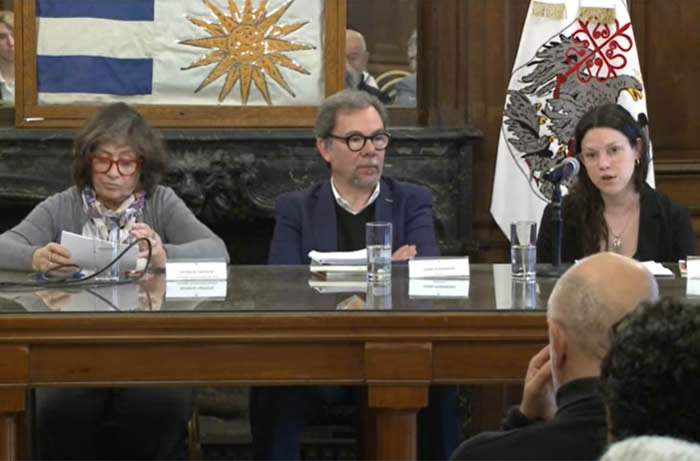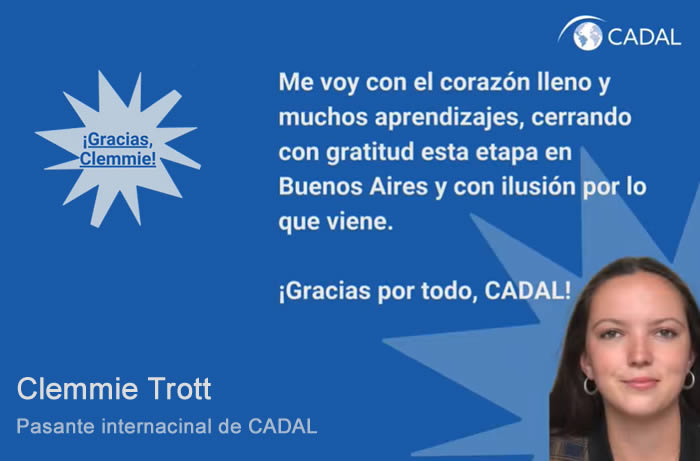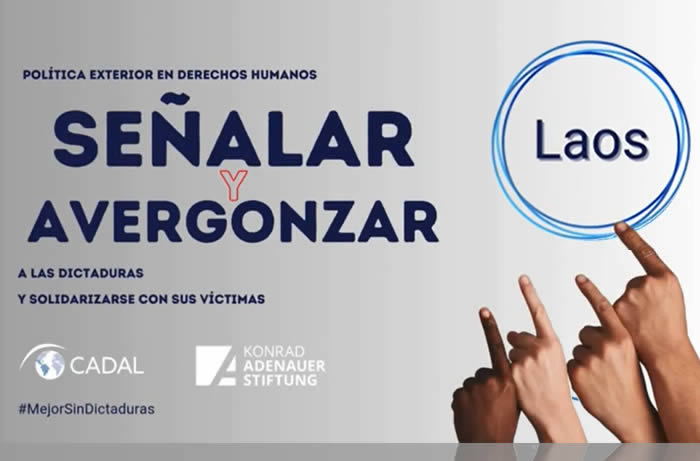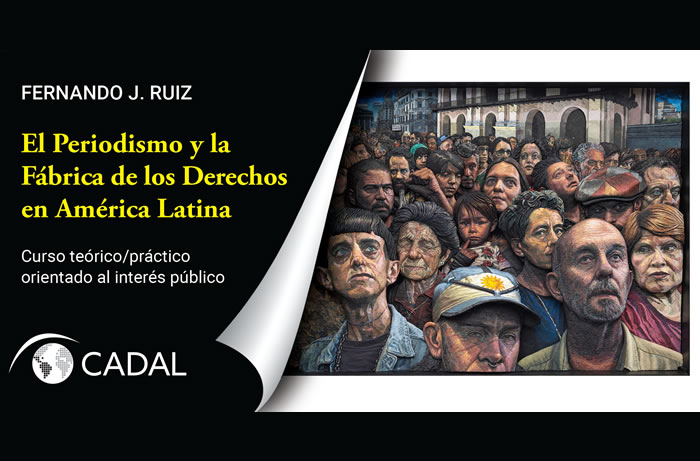Diálogo Latino Cubano
Promoción de la Apertura Política en Cuba
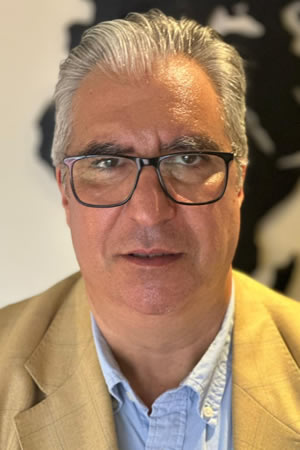 05-08-2016
05-08-2016Cuba, the remnant dictatorship in Latin America
However, despite the objective fact that Cuba is not a democracy because it established a one-party system and therefore its authorities do not win free and fair elections with competition there is so much evidence of the repressive features of their regime that is documented in its own Constitution, Criminal Law, Special laws and decisions of the People's Courts - all denounced by the most prestigious international human rights organizations such as Amnesty International and Human Rights Watch - therefore drawing attention that in Latin America the government of the Castro brothers is not seen for what it evidently is: a dictatorship.
Por Gabriel C. Salvia
In 1973 the American organization Freedom House published the first "Freedom in the World" Index, an annual report on the global state of freedom, covering a large spectrum of countries. The variables used in their project are political rights and civil liberties, similar to what was used by Robert Dahl in his study of democracy or polyarchy. In the Freedom House index each country can score from 1 to 7, a value of 1 being the best and 7 the worst scenario. Those countries who receive a score between 1 and 2.5 are considered as free, 3 to 5 as partially free and between 5.5 and 7 as not free.
From 1973 to date, Cuba is the only Latin American country that was always rated as not free by Freedom House. In the first "Freedom in the World" 1973 report on the region, Cuba had the same rating of not free as Haiti, Panama and Peru. In those days, Haiti was ruled by Jean-Claude Duvalier , known as Baby Doc; Panama by Omar Torrijos Herrera; Peru by Juan Velasco Alvarado.
In the years 1977 and 1978, many countries in Latin America were rated by Freedom House as not free; countries like Argentina, Chile, Cuba, Haiti, Panama, Paraguay and Uruguay. Then, Argentina was governed by Jorge Rafael Videla, Chile by Pinochet, Paraguay by Alfredo Stroessner and Uruguay by Aparicio Mendez.
In both 1987 and 1988 for the first time Cuba was the only not free country in Latin America. It held the same position in 1991, between 1995 and 2000 and from 2007 to date. Between 1992 and 1994 , and between 2001 and 2006, Cuba shared the status of not free with Haiti, which was considered as a "failed state ".
The data from "Freedom in the World" in these 43 years showcase the exceptional situation of the one-party regime of Cuba in Latin America, which makes the government of this country the remnant dictatorship in the region.
However, despite the objective fact that Cuba is not a democracy because it established a one-party system and therefore its authorities do not win free and fair elections with competition there is so much evidence of the repressive features of their regime that is documented in its own Constitution, Criminal Law, Special laws and decisions of the People's Courts - all denounced by the most prestigious international human rights organizations such as Amnesty International and Human Rights Watch - therefore drawing attention that in Latin America the government of the Castro brothers is not seen for what it evidently is: a dictatorship.
Even though Cuba is a member of regional intergovernmental organizations such as the Organization of Ibero-American States (OEI) and the most recent Community of Latin American and Caribbean States (CELAC), and has signed a series of democratic clauses and declarations the Castro brothers keep violating in all impunity, these provisions knowing very well that no other government will hold them accountable.
For this reason, the process of normalization of diplomatic relations between the US and Cuba , which has big support from Latin America and the main obstacle it encountered is the lack of political opening on the island. In this regard, during this process the countries and organizations in the region do not put the same emphasis on the requests to both the United States and Cuba The United States has asked Raul Castro for the political opening of Cuba and Cuba in turn asks Obama to lift the US embargo on the island. It so happens that Latin American countries always condemn the economic embargo imposed by the United States, whose lifting depends on the US Congress and never claim Cuba to change its policies that limit the exercise of fundamental democratic freedoms, which depends exclusively on the arbitrary power of Raul Castro.
Can we then expect a democratic normalization of Cuba without a firm pronouncement of Latin America meaning that the same rights upheld with their pluses and minuses in the region can be installed in Cuba?
In a nutshell, most Latin American countries diminish their own democracy by accepting the exceptionality of Cuba, whose one-party regime represents a clear hindrance to the consolidation of democratic institutions, the rule of law and respect fundamental freedoms in the region.
Gabriel C. Salvia is Chairman of Centro para la Apertura y el Desarrollo de América Latina (CADAL) and author of the book "Diplomacy and human rights in Cuba: From the Black Spring to the liberalization of political prisoners".
 Gabriel C. SalviaDirector GeneralActivista de derechos humanos enfocado en la solidaridad democrática internacional. En 2024 recibió el Premio Gratias Agit del Ministerio de Relaciones Exteriores de la República Checa. Es autor de los libros "Memoria, derechos humanos y solidaridad democrática internacional" (2024) y "Bailando por un espejismo: apuntes sobre política, economía y diplomacia en los gobiernos de Cristina Fernández de Kirchner" (2017). Además, compiló varios libros, entre ellos "75 años de la Declaración Universal de Derechos Humanos: Miradas desde Cuba" (2023), "Los derechos humanos en las relaciones internacionales y la política exterior" (2021), "Desafíos para el fortalecimiento democrático en la Argentina" (2015), "Un balance político a 30 años del retorno a la democracia en Argentina" (2013) y "Diplomacia y Derechos Humanos en Cuba" (2011), Sus columnas de opinión han sido publicadas en varios medios en español. Actualmente publica en Clarín, Perfil, Infobae y La Nación, de Argentina. Ha participado en eventos internacionales en América Latina, África, Asia, Europa, los Balcanes y en Estados Unidos. Desde 1992 se desempeña como director en Organizaciones de la Sociedad Civil y es miembro fundador de CADAL. Como periodista, trabajó entre 1992 y 1997 en gráfica, radio y TV especializado en temas parlamentarios, políticos y económicos, y posteriormente contribuyó con entrevistas en La Nación y Perfil.
Gabriel C. SalviaDirector GeneralActivista de derechos humanos enfocado en la solidaridad democrática internacional. En 2024 recibió el Premio Gratias Agit del Ministerio de Relaciones Exteriores de la República Checa. Es autor de los libros "Memoria, derechos humanos y solidaridad democrática internacional" (2024) y "Bailando por un espejismo: apuntes sobre política, economía y diplomacia en los gobiernos de Cristina Fernández de Kirchner" (2017). Además, compiló varios libros, entre ellos "75 años de la Declaración Universal de Derechos Humanos: Miradas desde Cuba" (2023), "Los derechos humanos en las relaciones internacionales y la política exterior" (2021), "Desafíos para el fortalecimiento democrático en la Argentina" (2015), "Un balance político a 30 años del retorno a la democracia en Argentina" (2013) y "Diplomacia y Derechos Humanos en Cuba" (2011), Sus columnas de opinión han sido publicadas en varios medios en español. Actualmente publica en Clarín, Perfil, Infobae y La Nación, de Argentina. Ha participado en eventos internacionales en América Latina, África, Asia, Europa, los Balcanes y en Estados Unidos. Desde 1992 se desempeña como director en Organizaciones de la Sociedad Civil y es miembro fundador de CADAL. Como periodista, trabajó entre 1992 y 1997 en gráfica, radio y TV especializado en temas parlamentarios, políticos y económicos, y posteriormente contribuyó con entrevistas en La Nación y Perfil.
In 1973 the American organization Freedom House published the first "Freedom in the World" Index, an annual report on the global state of freedom, covering a large spectrum of countries. The variables used in their project are political rights and civil liberties, similar to what was used by Robert Dahl in his study of democracy or polyarchy. In the Freedom House index each country can score from 1 to 7, a value of 1 being the best and 7 the worst scenario. Those countries who receive a score between 1 and 2.5 are considered as free, 3 to 5 as partially free and between 5.5 and 7 as not free.
From 1973 to date, Cuba is the only Latin American country that was always rated as not free by Freedom House. In the first "Freedom in the World" 1973 report on the region, Cuba had the same rating of not free as Haiti, Panama and Peru. In those days, Haiti was ruled by Jean-Claude Duvalier , known as Baby Doc; Panama by Omar Torrijos Herrera; Peru by Juan Velasco Alvarado.
In the years 1977 and 1978, many countries in Latin America were rated by Freedom House as not free; countries like Argentina, Chile, Cuba, Haiti, Panama, Paraguay and Uruguay. Then, Argentina was governed by Jorge Rafael Videla, Chile by Pinochet, Paraguay by Alfredo Stroessner and Uruguay by Aparicio Mendez.
In both 1987 and 1988 for the first time Cuba was the only not free country in Latin America. It held the same position in 1991, between 1995 and 2000 and from 2007 to date. Between 1992 and 1994 , and between 2001 and 2006, Cuba shared the status of not free with Haiti, which was considered as a "failed state ".
The data from "Freedom in the World" in these 43 years showcase the exceptional situation of the one-party regime of Cuba in Latin America, which makes the government of this country the remnant dictatorship in the region.
However, despite the objective fact that Cuba is not a democracy because it established a one-party system and therefore its authorities do not win free and fair elections with competition there is so much evidence of the repressive features of their regime that is documented in its own Constitution, Criminal Law, Special laws and decisions of the People's Courts - all denounced by the most prestigious international human rights organizations such as Amnesty International and Human Rights Watch - therefore drawing attention that in Latin America the government of the Castro brothers is not seen for what it evidently is: a dictatorship.
Even though Cuba is a member of regional intergovernmental organizations such as the Organization of Ibero-American States (OEI) and the most recent Community of Latin American and Caribbean States (CELAC), and has signed a series of democratic clauses and declarations the Castro brothers keep violating in all impunity, these provisions knowing very well that no other government will hold them accountable.
For this reason, the process of normalization of diplomatic relations between the US and Cuba , which has big support from Latin America and the main obstacle it encountered is the lack of political opening on the island. In this regard, during this process the countries and organizations in the region do not put the same emphasis on the requests to both the United States and Cuba The United States has asked Raul Castro for the political opening of Cuba and Cuba in turn asks Obama to lift the US embargo on the island. It so happens that Latin American countries always condemn the economic embargo imposed by the United States, whose lifting depends on the US Congress and never claim Cuba to change its policies that limit the exercise of fundamental democratic freedoms, which depends exclusively on the arbitrary power of Raul Castro.
Can we then expect a democratic normalization of Cuba without a firm pronouncement of Latin America meaning that the same rights upheld with their pluses and minuses in the region can be installed in Cuba?
In a nutshell, most Latin American countries diminish their own democracy by accepting the exceptionality of Cuba, whose one-party regime represents a clear hindrance to the consolidation of democratic institutions, the rule of law and respect fundamental freedoms in the region.
Gabriel C. Salvia is Chairman of Centro para la Apertura y el Desarrollo de América Latina (CADAL) and author of the book "Diplomacy and human rights in Cuba: From the Black Spring to the liberalization of political prisoners".

